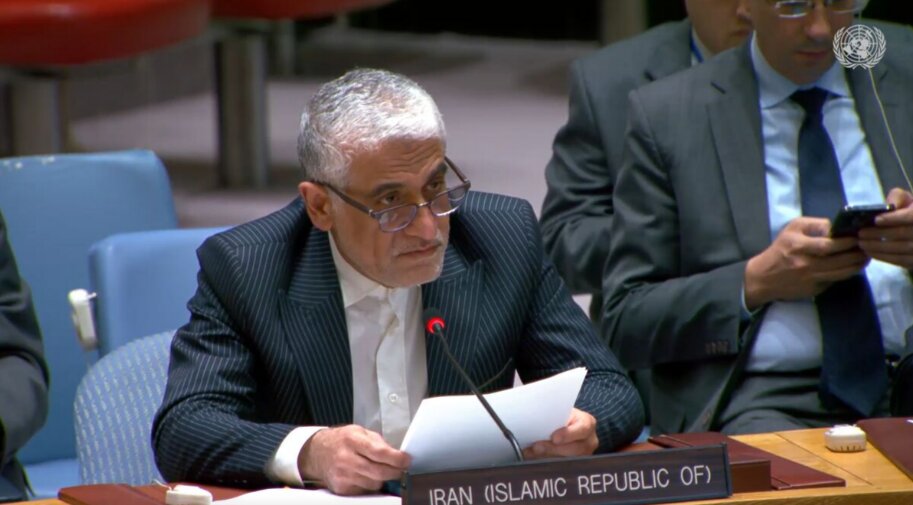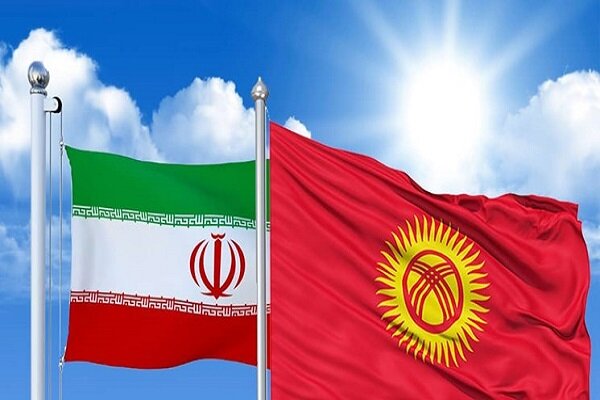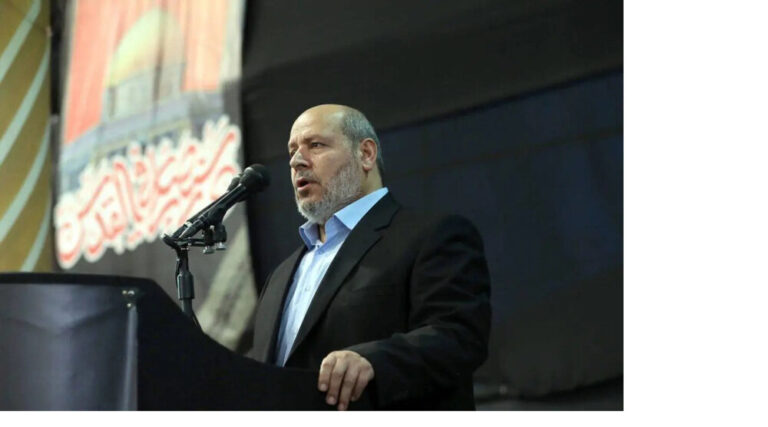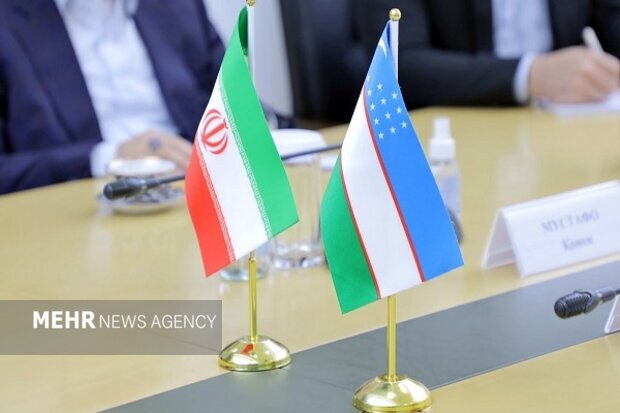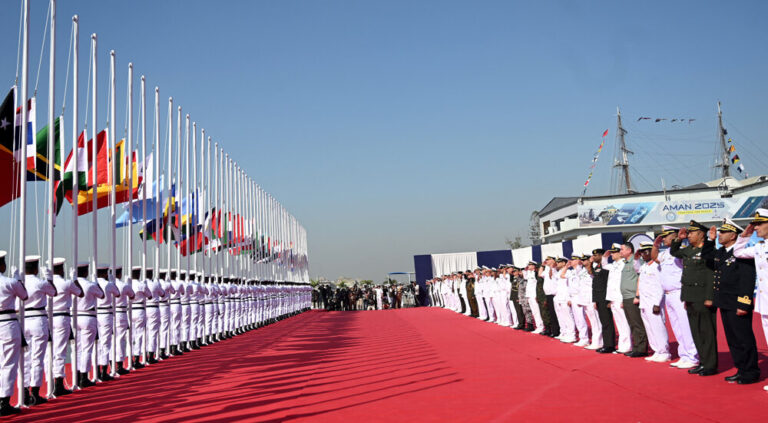Iran Promises Rapid Retaliation Against U.S. Provocations and Proxy Actions
In a recent development at the United Nations, Iran’s permanent ambassador to the UN, Amir Saeid Iravani, expressed grave concerns regarding military threats from the United States and Israel. In his letter to the UN Secretary-General and the President of the Security Council, Iravani emphasized that any military aggression will face a firm and lawful response from Iran.
In his correspondence, Iravani stated that the United States and its ally, the Israeli regime, would be held accountable for the repercussions of their actions, which he labeled as unlawful and reckless. The ambassador also condemned the military operations being carried out in the Red Sea and their implications for international law.
Key points from Ambassador Iravani’s statements include:
- The assertion that inflammatory rhetoric against Iran is a violation of international law.
- Condemnation of US and Israeli military actions against Yemen.
- Concerns about the consequences of these aggressions on regional stability.
Following a recent missile strike by Yemen on Israel’s Ben Gurion airport, both Israeli and US officials attributed the attack to Iran, warning of consequences for Tehran. In response, Israel launched numerous airstrikes on Yemeni targets, including significant operations in the port city of Hudaydah.
A senior US official confirmed that these airstrikes were conducted in close coordination with the United States, which has been a critical supporter of Israel amidst ongoing military actions in Gaza.
In the letter, Iravani reiterated Iran’s position, stating:
“The Islamic Republic of Iran categorically rejects and strongly condemns these accusations and threats as unfounded, provocative, and politically motivated.”
He highlighted that the rhetoric from Israeli Prime Minister Benjamin Netanyahu and US Secretary of Defense Pete Hegseth, which included threats against Iran for allegedly supporting the Yemeni resistance, represents a serious violation of international law and a direct threat to global peace.
In his letter, Iravani articulated several critical points regarding the situation:
- The actions taken by the Yemeni people are independent and a legitimate response to foreign aggression.
- Accusations against Iran are attempts to distract from the ongoing humanitarian crisis caused by the Israeli regime in Palestine.
- The ongoing military operations by the US and Israel further destabilize the region and violate international humanitarian law.
Ambassador Iravani emphasized the need for the United Nations Security Council to take action, stating:
“The Security Council must not remain silent and must unequivocally condemn the threatening and warmongering statements made by the officials of the Israeli regime and the United States.”
He further noted that Iran is committed to maintaining peace and stability in the region and does not seek confrontation. However, Iravani made it clear that Iran reserves the right to defend itself against any unlawful threats and military actions directed at its sovereignty.
In his closing remarks, Iravani urged the UN Security Council to fulfill its responsibility in maintaining international peace and security and to take a firm stance against the actions of the US and Israel. His letter encapsulates Iran’s position regarding the escalating tensions and emphasizes the necessity for dialogue and respect for international law.
The situation in the region remains tense, with the potential for further military actions and diplomatic fallout. As the international community watches closely, the responses from the United States, Israel, and Iran will be critical in shaping the future of peace and stability in the Middle East.
In conclusion, the ongoing conflict and military operations raise significant questions about the adherence to international law and the responsibility of nations to engage constructively in resolving disputes. The need for dialogue and mutual respect among nations is more crucial than ever.
